Outside In teams up with PGE and local nonprofits to offer a new “developmentship” program to young people of color in Portland
Did you do an internship when you were a young person? Internships are often a foot in the door for a young person to gain experience, receive supportive coaching, develop new skills, build a network, and start a career. But too often, internships are unpaid and only accessible to those who can afford to spend their time doing something without being paid for it. All too often, internships have simply not been possible for those with limited resources.
Earlier this year, Outside In entered into a new partnership with PGE and some amazing local nonprofit organizations to launch Project Zero. This new initiative is a workforce development program centered on connecting young people with the environmental sector through hands-on internships. The green industry is growing, and there is a need for young people to begin their careers in clean energy and environmental sciences.
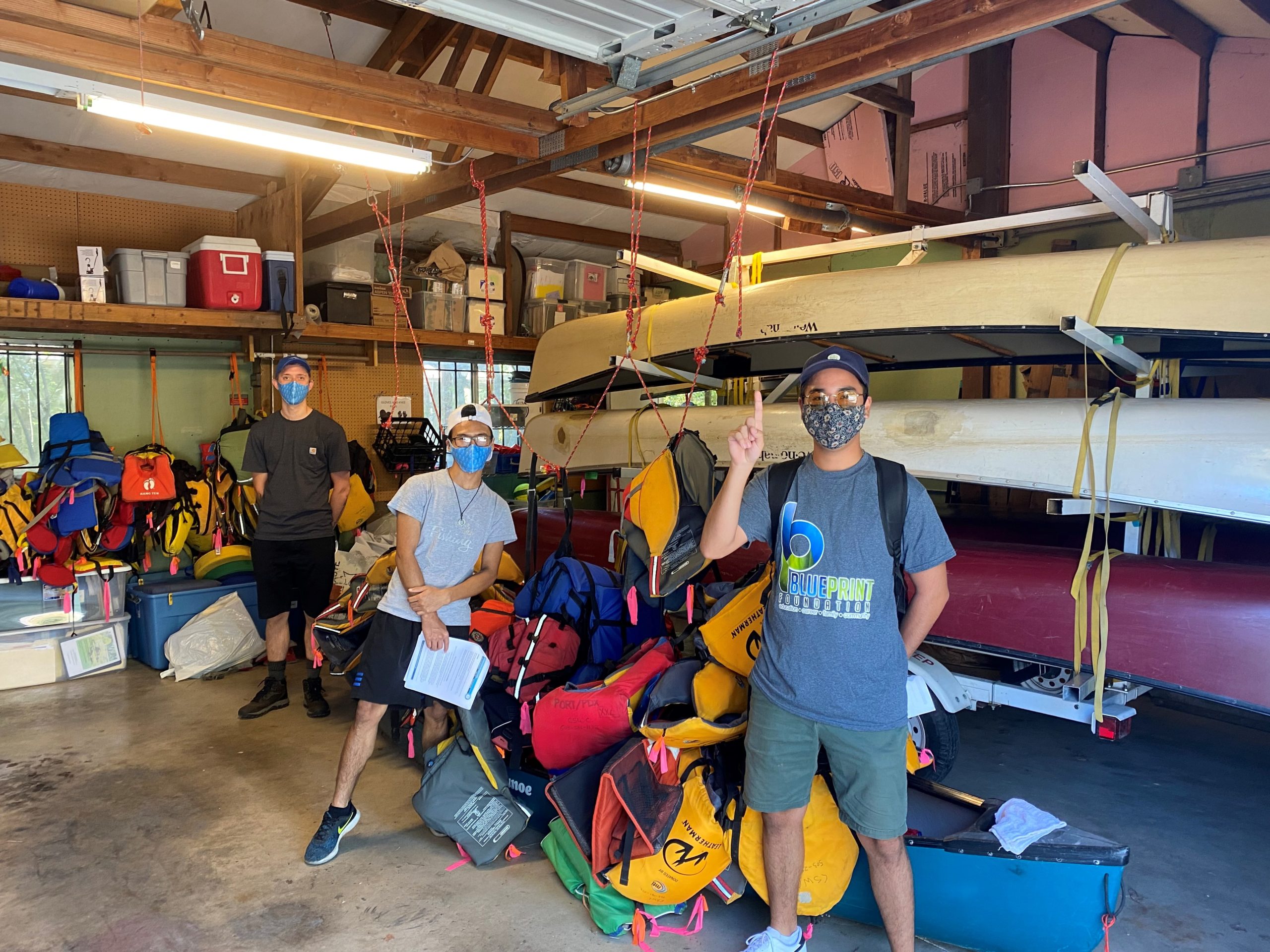
The Project Zero team established program values from the start – namely that their focus would be on young people who were out of work and school. Further, they wanted to connect with young people who traditionally may not have been able to participate in internships. And finally, they wanted communities who are most impacted by climate change and environmental injustices to be centered and prioritized.
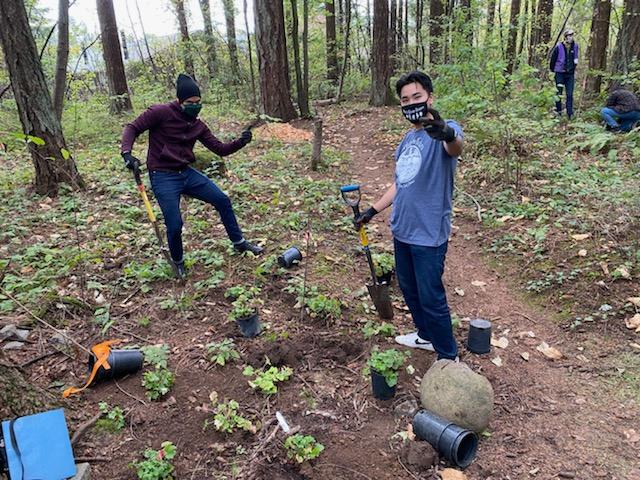
Living our Values
What do these values look like in practice? First, recognizing that unpaid internships would not be accessible to everyone, the team established that all program participants would earn $16/hour in their internships. Between COVID-19 and day-to-day life activities, interns would need to have flexible schedules – enabling interns to work a schedule that aligns with their lives. Additionally, knowing that participants could run into many barriers to completing their internships – everything from transportation assistance to work clothing to technology to child care – the team identified Outside In’s Career Coach, John Rojas, to be the person interns could go to for help with overcoming the challenges that they may face.
The team also knew that the recruitment and selection process would need to utilize an equity and social service lens and be thoughtful and different from a more traditional selection process. The team conducted several information sessions where they could meet interested young people and open the floor to questions. After completing a short application, applicants completed group interviews and had one on one conversations with Project Zero program staff. The intern selection team found themselves constantly questioning their biases when evaluating applicants and always centering their values – Project Zero is for young people who otherwise wouldn’t be able to participate in an internship due to any number of barriers, and who wouldn’t be able to thrive as much as their affluent counterparts.
What do these internships look like?
Well first, the Project Zero team often refers to the program not as an internship program, but a developmentship program. These experiences are for people to have a safe space to mess up a little bit and to learn. It is okay if participants didn’t have any prior work experience. And these experiences are designed to be more than picking up coffee, making copies, and filing papers! Interns work on real-life projects at their chosen organizations.
Ten interns were selected to participate in the first year of Project Zero. They are currently working at five different sites, including Columbia Slough Watershed Council, Verde, Friends of Trees, Forest Park Conservancy, and the Blueprint Foundation.
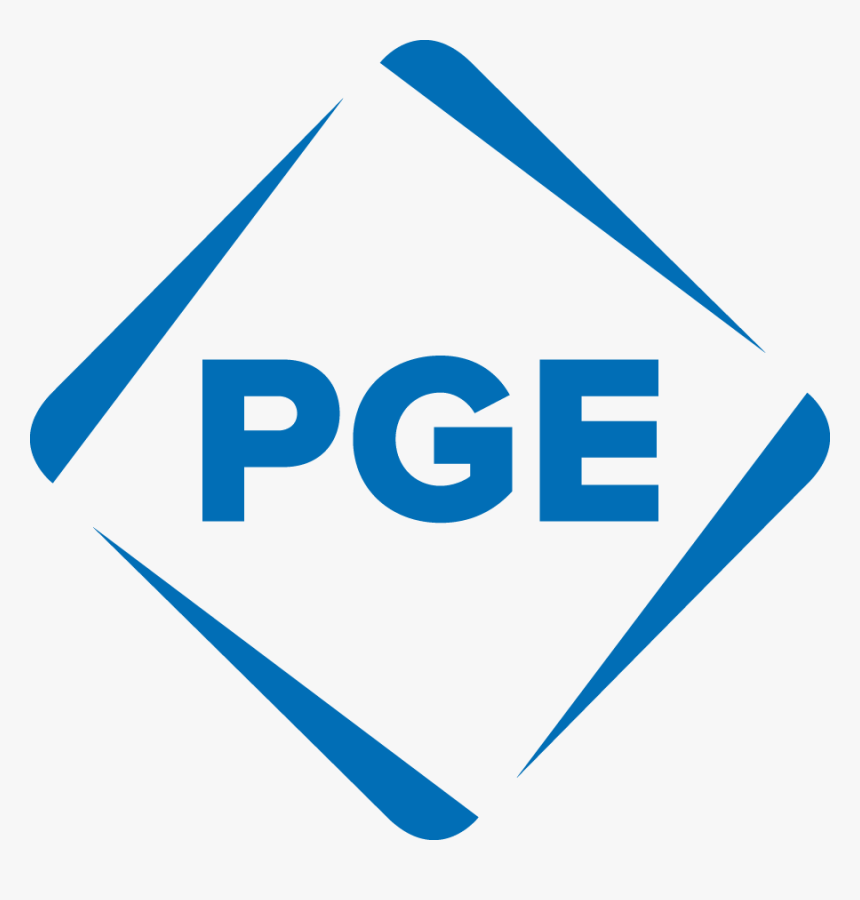
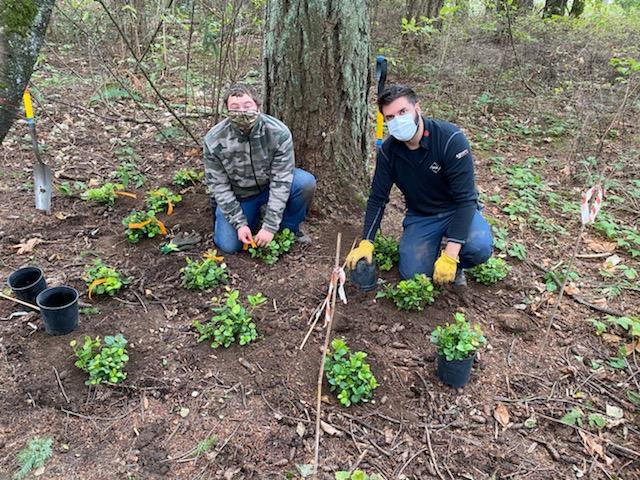
Each Project Zero nonprofit partner created an internship opportunity that aligned with their mission, goals, and values. Given the environmental focus, many interns are able to gain hands-on experience in the field – whether through planting trees or canoeing! As an example, at project partner Friends of Trees, the Project Zero intern is leading tree plantings all over Portland. Through his internship, he is gaining experience not only with planting trees, but with leading and educating volunteers, as well as with implementing COVID-19 and other safety protocols.
Interns also support with projects remotely. We all know that administrative paperwork is part of just about every job. Interns are also developing skills with behind-the-scenes administrative work, and gaining experiences that can be transferred to future jobs.
Overcoming Barriers Matters
Prior to participating in Project Zero, when a youth encountered a barrier at a job they may have just quit. This is when Outside In – and Career Coach, John Rojas, step in to offer support. Instead of the barrier being a wall that a young person walks away from, John asks interns to consider whether the barrier is something that can be jumped over instead. John shared one example of an intern who was completing her internship primarily through her phone. When John asked about the technology she was using, she indicated that her phone was all she had. Instead of giving up – John said, but wait – we have a technology loan program. We can loan you a laptop to complete your internship.
John said, there is a quote that hangs on the wall in Outside In’s Employment and Education Resource Center, “If you’re up against the wall, climb it, go around it, dig under it – you can’t just walk away from it.” And he hopes that by modeling this mentality for Project Zero participants, it will help them develop a growth mindset and keep going when barriers are encountered.
What makes Project Zero so special?
When asked about his favorite part of working with the Project Zero initiative – John said that it is absolutely the team of people working behind the scenes to make it all happen. He shared that it has been incredible to be a part of the team designing the program and working to get it off the ground – and then to see if all come to fruition. John noted that the team’s use of a DEI lens, with everyone constantly checking themselves and being really honest and transparent with themselves and others is refreshing. Additionally, to be working with other people of color is an empowering experience.
“It is really great to see the interns empowered to do work that they are actually interested in. So many times, we work with young people who settled for a not-great job for the paycheck. Getting paid for something they care about – it’s nice to see that happen for young folx. I did internships at the beginning of my career, and never felt like I really contributed. But this Project Zero program – our interns are legit. It is cool to see future leaders starting their process and seeing what it looks like to work in their field.” ~John Rojas, Outside In Career Coach
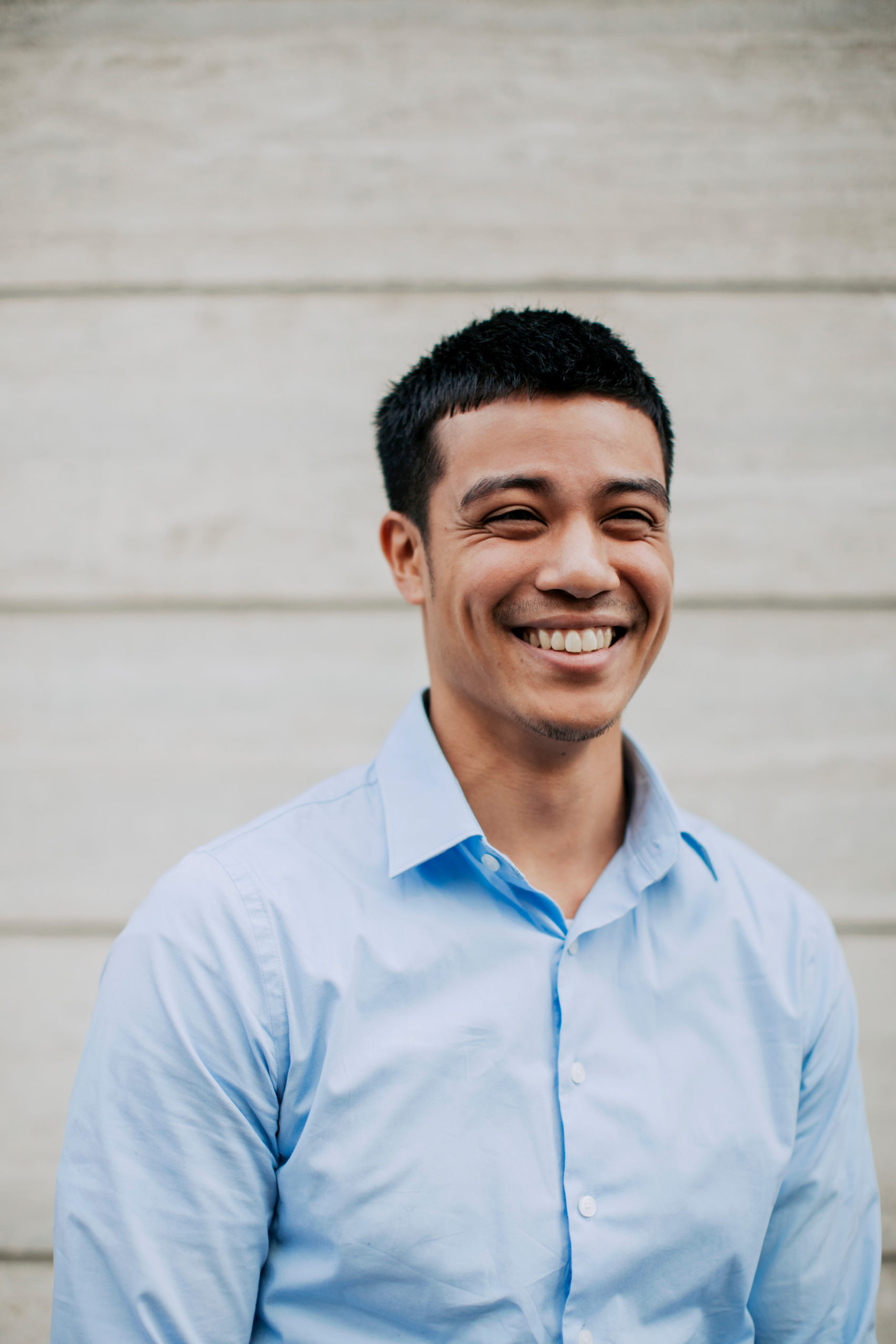
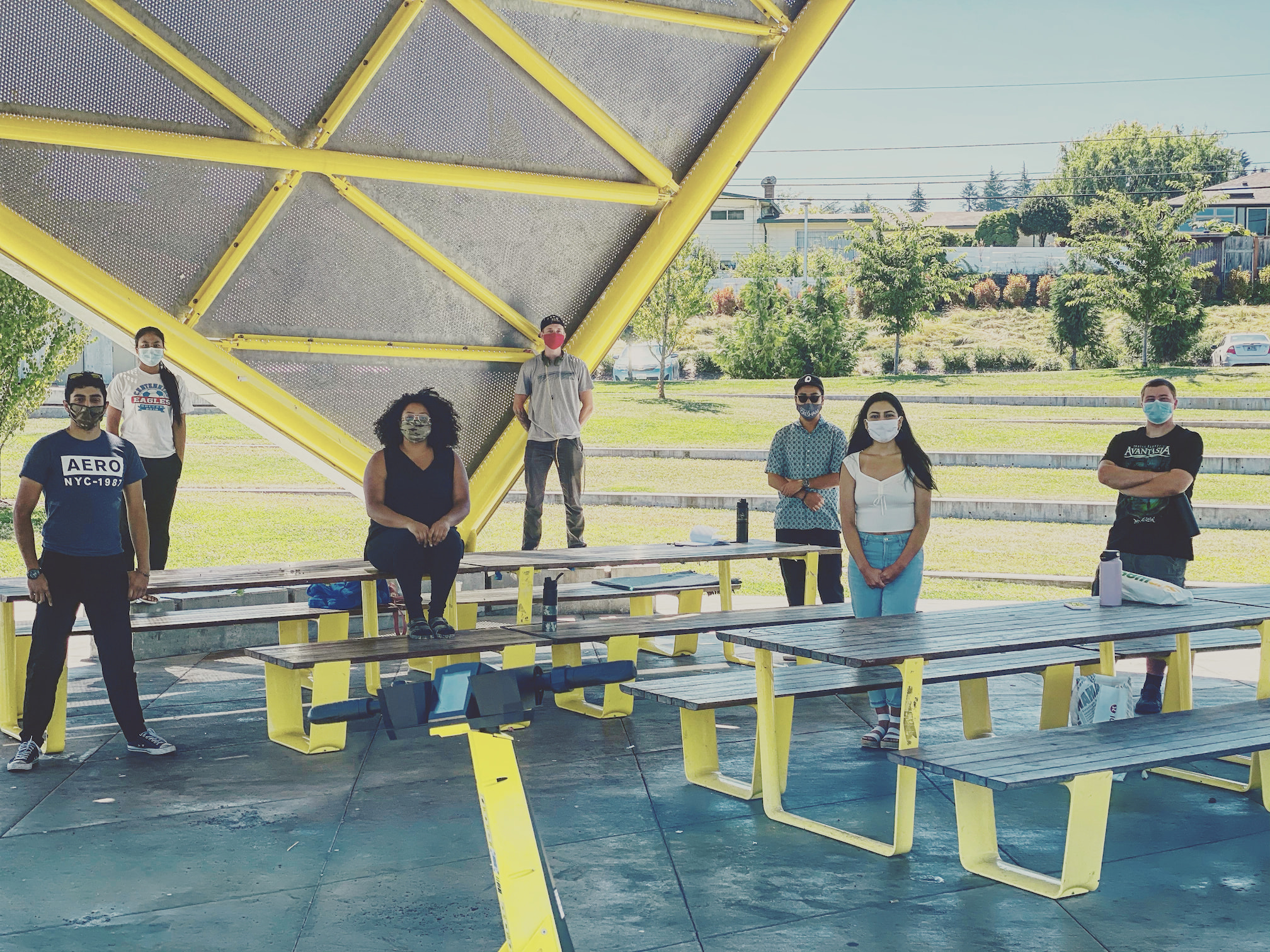
What happens at the end of the internship?
The Project Zero team has been clear from the beginning – their goal is for interns to be hired into sustainable jobs. PGE has a lot of community contacts, and is encouraging and fostering networks of youth with businesses and community organizations. They are helping interns talk to these companies, and serving as a reference and sharing that through these Project Zero internships, youth have gained skills and experiences and they have passion – and businesses should hire them!
We know that at the end of the day – it’s up to the interns to make their next step in their career a reality. However Outside In and our Project Zero partners are here to help them get there. And we can’t wait to see them succeed and achieve the goals they have set for themselves.
Thank you!
It is because of you – our community –
that Outside In is able to save the lives of thousands of people each year.
We would love to hear from you!
Please feel free to share your thoughts, ideas, and questions with us.
We are grateful for your support!
Your support of Outside In creates health and hope for the more than 11,000 people we serve every year. We can’t say it enough: THANK YOU!
